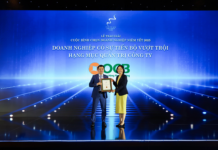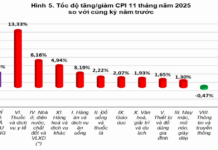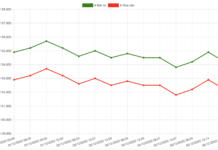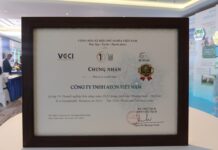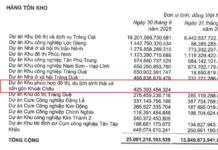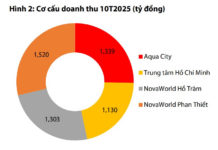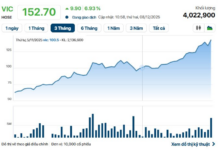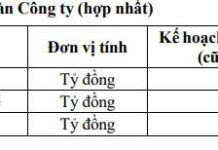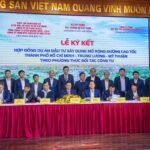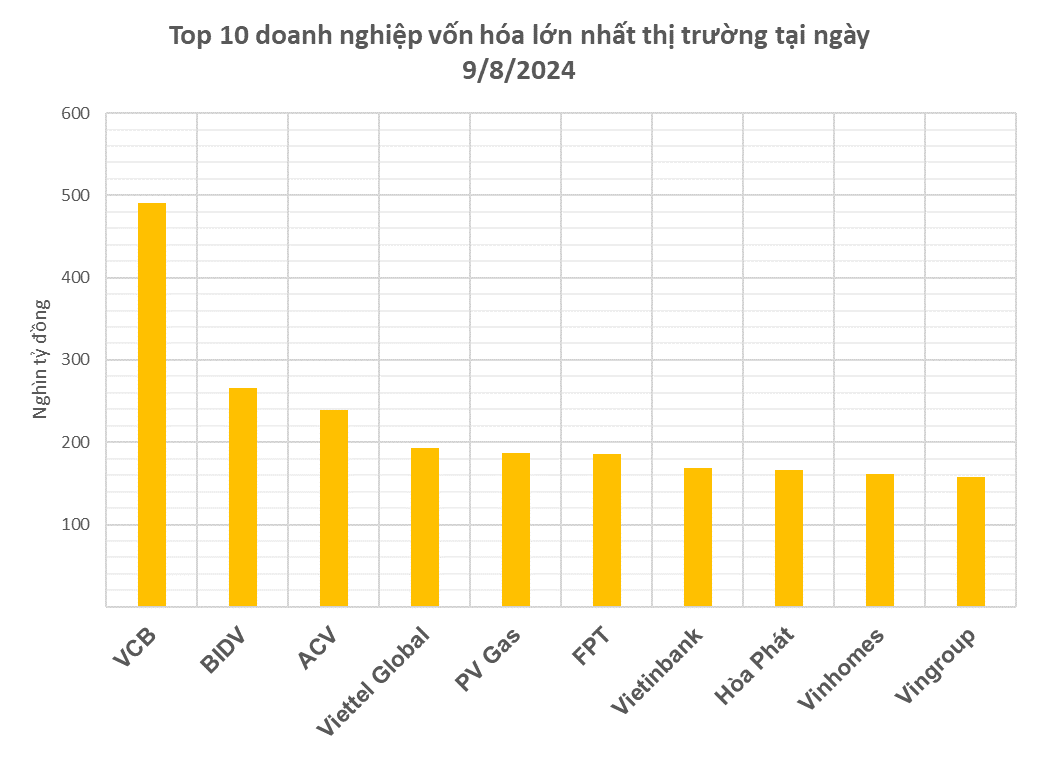2024 marks a pivotal year for enhancing corporate governance in Vietnam. As demands for good corporate governance increase, investing in effective governance linked to ESG is no longer a choice but a crucial need for businesses, especially listed and public companies.
Today, investors, particularly international investment funds, are focusing their sustainable investments on businesses that implement corporate governance practices linked to measuring environmental and social impact. Corporate governance is deemed a very important channel to attract capital into the market and into businesses.
“However, the overall level of corporate governance in Vietnam, especially when linked to ESG, is currently at the lowest level among the 6 ASEAN countries and below the average assessment,” noted a prominent speaker at the 7th annual forum of the Institute of Directors Vietnam (VIOD), themed “Investing in Corporate Governance: Strategies to Attract Responsible Investors in the Context of International Market Integration.”
Only well-governed companies can attract investment and command a premium.
Mr. Pham Van Thinh, CEO of Deloitte Vietnam, provided evidence that over the past 20 years, investors worldwide have increasingly discussed governance. “While previously, businesses and investors solely focused on financial aspects and profits, they now pay more attention to responsible investing. The world has also witnessed a significant rise in responsible investor groups,” Mr. Thinh said.
According to a study cited by Mr. Thinh, the scale of the responsible business market has reached hundreds of billions of US dollars. As investors’ greatest fear is losing money, improving corporate governance within businesses has become a priority.
Mr. Trinh Hoai Giang, CEO of HSC Securities, concurred from a securities company perspective. He observed that investors today are more concerned with non-financial aspects, including governance practices, in addition to legal matters.
“I believe that only well-governed companies can achieve successful deals at premium prices,” Mr. Giang said. For instance, in the financial sector, a joint-stock commercial bank recently concluded a deal at a price 20 times its EBITDA.
Therefore, according to the HSC representative, businesses should focus on five key issues: risk management, transparency, conflict of interest management, and, most importantly, the application of best practices. “Business owners must adopt a holistic perspective, considering not only profits and shareholder interests but also the environmental and social impacts of their businesses,” Mr. Giang emphasized.
Using an analogy, he likened a well-governed business to a student who is both intelligent and well-behaved. Intelligence represents growth and development, while good behavior signifies sustainability.
PAN Group CEO on the Risk of Famine by 2050 and the Importance of Governance

Image: Speakers sharing insights on corporate governance.
As one of the leading agricultural groups in Vietnam, Ms. Nguyen Thi Tra My, CEO of PAN Group, began her presentation with a prediction that famine could occur by 2050. “Food security is of utmost importance, especially as Vietnam is considered the kitchen of the world. As a leading enterprise in the agricultural sector, we recognize our mission,” she said.
Ms. My further emphasized the rapid changes in the world, including geopolitical risks and the fast-paced development of technology and AI, which have made predictions increasingly challenging. In addition to these risks, the agricultural and food industry also faces the risk of climate change.
“We don’t have lofty dreams like Elon Musk, designing spacecraft to take humans to the Moon. PAN Group has 11,000 employees and over 10 member companies, most of which are listed. Our challenge is governance. The concept of corporate governance is about how a company is directed and controlled,” emphasized the PAN Group CEO.
According to Ms. My, the most significant difference lies in the diversity of fields, experience, age groups (U40-80), and gender. Notably, in the parent company’s board structure, female members account for 44%. In contrast, a report by HOSE indicates that less than 10% of listed companies currently have at least one-third female board members. Therefore, ensuring good corporate governance in a diverse context requires innovation and risk management. This “combo” is always at the forefront of PAN Group’s leadership.
According to Ms. My, PAN Group annually presents The PAN Group Innovation Awards. In 2024, the Group had over 560 applied initiatives, among which 10 were honored and awarded. Moreover, amidst a volatile world, PAN Group actively pursued robust product development, especially in the agricultural sector. The Group has successfully researched and developed rice varieties resistant to salinity, flooding, heat, and sturdy enough to withstand storms.
In summary, corporate governance is currently one of the most critical factors. According to McKinsey and the World Bank, companies with good governance practices are valued 10-20% higher and have a 10-15% lower cost of capital when raising funds. This proves that good corporate governance is not just a necessity but a matter of survival.






